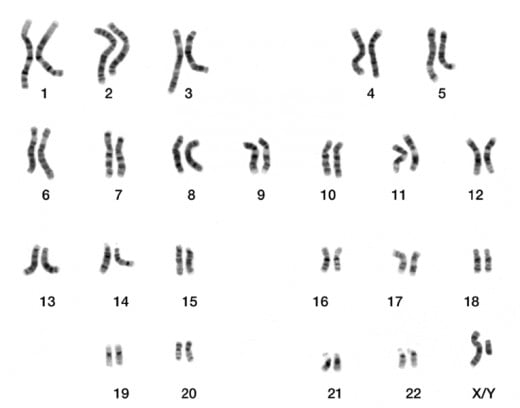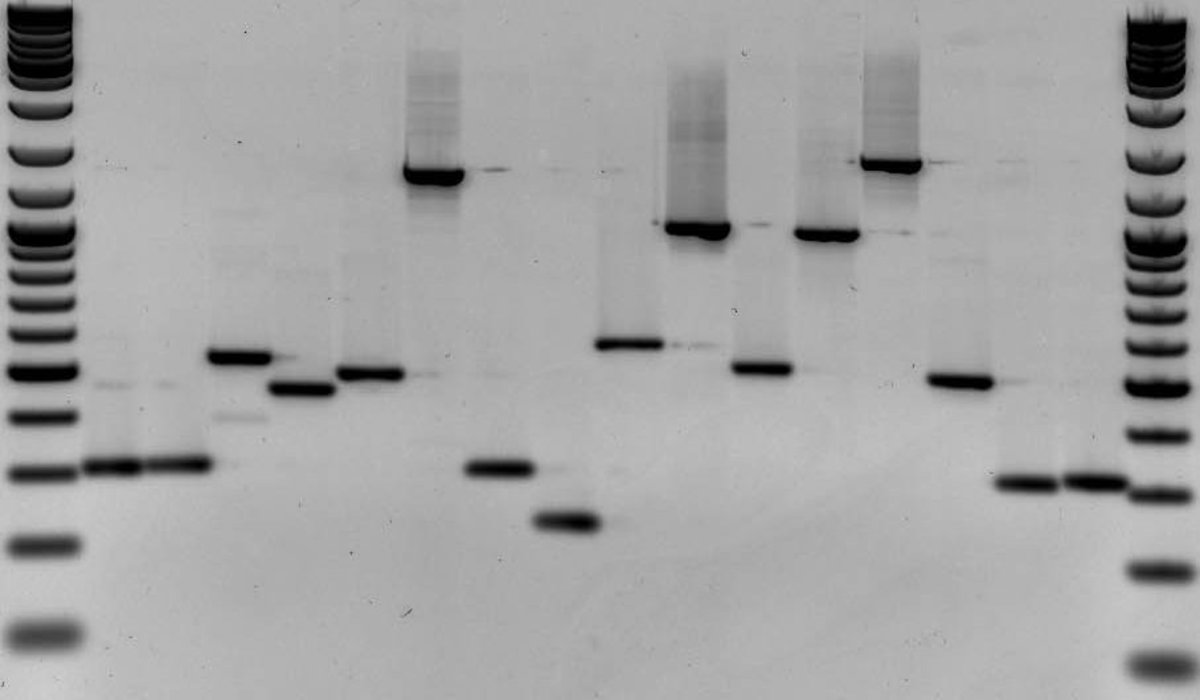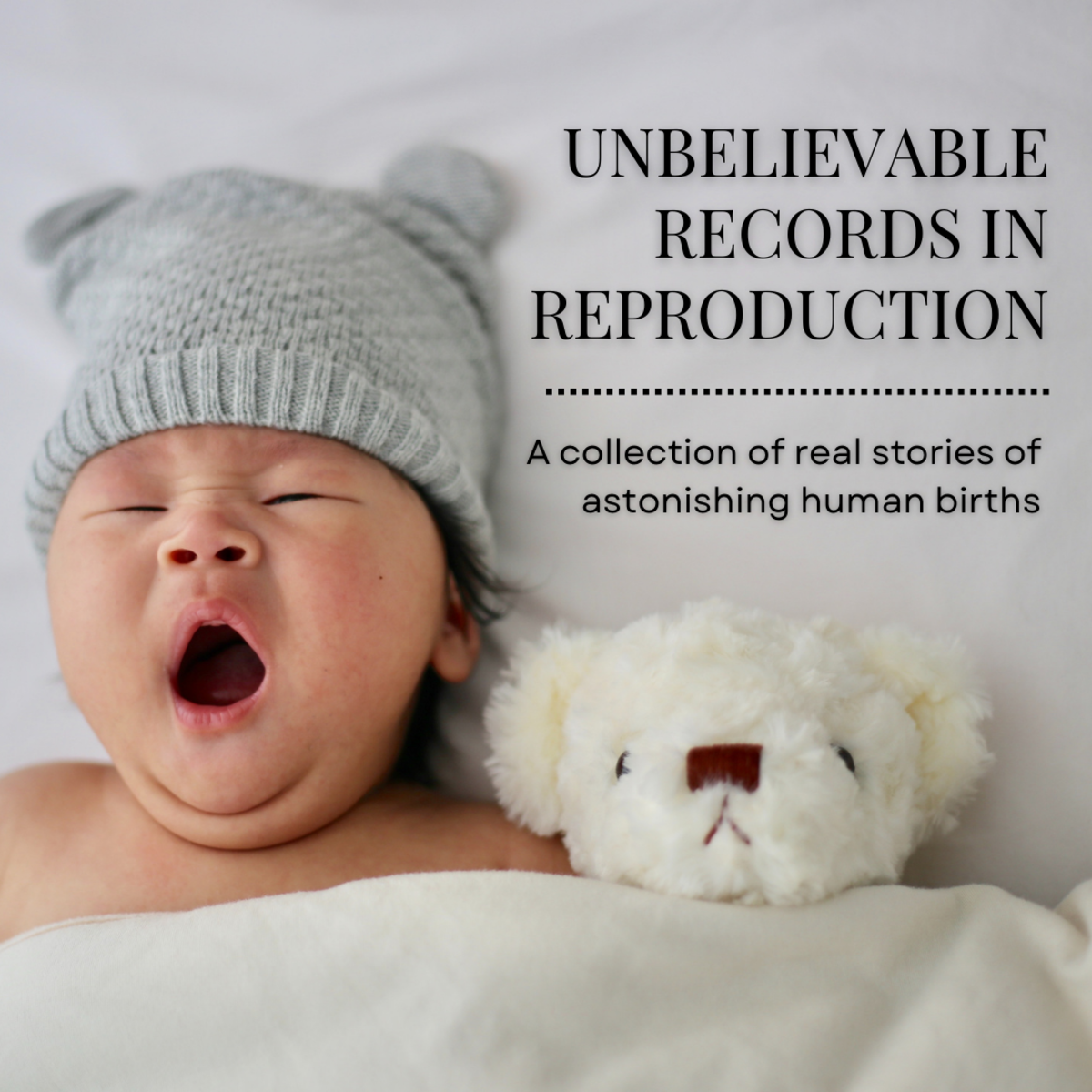Sperm Donor to Pay Child Support in Kansas

Due to my brief time working at a Sperm Bank as a laboratory technician the ethics of Sperm Banking and Donation are something I ponder from time to time. Not to mention a topic I’ve dedicated a previous article to in which I touched upon several what-if scenarios. This topic is an interesting area of medical ethics from many points, including law which admittedly is a field I do not know much about (figuring my pop culture law ‘education’ doesn’t count).
In the fall of 2012, news emerged about a case concerning whether a sperm donor would have to pay child support in Kansas, a what-if turned real life scenario. Ultimately the Artificial Insemination via sperm donation in this case is not deemed legal, so the donor is being treated as the father of the child instead of merely a DNA donor. The gay couple, who used the sperm donor, was deemed unfit by their doctor to go through a sperm bank for insemination. In an interview one of the mothers said their doctor would not sign a release stating the couple was capable of raising a child, this would have allowed them to go to a sperm bank. The motive behind the doctor’s refusal seems really questionable since the couple had already fostered and adopted several children together by the time they decided to have a child via a donor. The couple gave the doctor the benefit of the doubt, passing it off as the doctor’s view against insemination. As an alternative to a sperm bank they went onto Craigslist to look for a donor. And although the couple and the donor signed contracts dismissing the man of any future obligation because the insemination wasn’t done under the supervision of a doctor the donor is not protected under the Unform Status of Children of Assisted Conception Act. (An insemination in which the sperm donor is simply just a donor needs to take place in the presence of a doctor to ensure it is by artificial means). The state of Kansas is seeking out the donor, looking to confirm paternity, and then plans to make him pay for over 6 thousand in medical bills for the child because he is viewed as the father. This whole thing came about when the couple separated, one was diagnosed with a serious illness and can no longer work, and the other looked to the state of Kansas to provide medical insurance for her daughter.

Several news sources have reported people coming to the aid of the donor to help him legally and potentially financially to get him out of this mess. He initially responded to the ad to help out this couple and there was no profit gained by him (he responded to an ad offering 50 dollars but one article said he did not accept a payment). Even if this case gets taken care of one way or another so that the donor is not responsible for the child, will this scare off donors in the future? And under these circumstances- a Craigslist exchange with no lawyers and no doctors involved-is that a good thing that people will be scared off from making these kinds of backroom deals? In general it is best to follow the law and use a doctor to oversee the process, as this is the legally recognized way to rid a donor of any monetary obligation during the child’s life. But, of course, if doctors can deem a couple unfit to have a child shouldn’t there be Good Samaritans out there who will step up? Especially if the recommendation of the doctor is unfounded-there are some holes in this story in terms of why the doctor deemed them unfit, one conclusion easily jumped to being because the couple is same-sex and Kansas as a state does not recognize gay marriage. Alternatively it may have been because the couple was already raising seven children. The doctor may have felt that was plenty for one couple to support financially.
The biological mother was backed into a corner to offer up the biological father’s name when requesting health insurance from her state. So is all of this her fault by naming him? What would have happened if she wrote anonymous? Surely there are other children out there whose biological fathers remains anonymous throughout their entire life. Would the state have insured the children then? The state is seeking out the man because they are obligated to tap biological parents first before using tax-payers money to insure children. The state does not recognize the insemination as being proven to be artificial and thus the man is considered the biological father. But the couple had their backs against the wall on the latter as well because more than likely since a doc wouldn’t ok the two getting a sperm donor if they just showed up at the doctor’s office with a specimen the doctor probably wouldn’t have agreed to oversee the procedure.
Related Hub
- Sperm Donation-The Complexities of Contributing DNA ...
A look at some of the questions that come up down the line when using a sperm donor for children. For example, will the child want to get in touch with the donor?
Legal and bioethics experts are quick to point out that these laws have been in place for a long time to protect children and historically to protect a married woman who needed a sperm donor (other than her husband, when he is not fertile) to have a child. The state of Kansas is just following the law by putting the man on the spot to pay up. It seems if the donor really didn’t want to have any potential responsibility or connection to the child he should have kept the whole thing as anonymous as possible. But again what other choice did these women have since they must have felt better using a donor they met and got to know to some extent. Also it is wise to at least know the name and address of the donor in case a medical issue arises with the child somewhere down the line, where the father’s medical history could give valuable insight.
The question becomes who should pay for health insurance for children in this situation-the state or a man who was just trying to help out a same-sex couple? This in-and-of-itself is a huge can of worms, as many in our country believe the state and thus tax-payers shouldn’t pay for others. While others believe our country should provide for those in need, in this case- indirectly- the mother who is too ill to work, with insurance while they are unable to pay for it. It was not clear from the article if the other mother works or if she was and still is a stay at home mother as the couple has seven other children through foster care and adoption and continue to co-parent despite their break-up.

Unfortunately even though this case is a very rare circumstance the question remains will this cause some men to shy away from sperm donation? If one takes the time to read all the facts it should be clear the reason this man is now being brought to court was because the insemination was not done by definition set by the law. This may mean men are less likely to be Good Samaritans as this man was and help out a couple in need. Ultimately this case seems to be an issue about these three people not fully understanding the law when they got themselves into this situation.We don’t live in a perfect world- one where couples stay together forever, people stay healthy, and parents can pay for their children in the case of unemployment and/or health issues. Even though no one wants to think about what would happen if any or all of these things occurred, had these three people thought it through and went about it legally it may have prevented this outcome. The case will have its day in court in early April, where a motion to dismiss will be presented by the man’s attorney. [Update the case was heard at the end of October 2013, with both sides asking the judge to rule without a full trial. A decision is expected by the end of the year.]
In my opinion, the major issue here is on what grounds did the couple’s family doctor base her decision regarding the refused permission to have a child. Ultimately it is this doctor that set everything in motion in this case. Yes, the couple didn’t do their homework and thus didn't know that an at-home insemination would not hold up the sperm donor’s right of simply being a donor and not a father. But even if they had read up on it, would they have been able to rectify the situation? Could they have found another doctor to get permission or found a sperm bank that does not require doctor’s approval? It is possible. Also if gay marriage were recognized by law in the state of Kansas, would this have taken the weight off the sperm donor's back- since both women would be recognized as the legal parents to the child? Additionally, is there some fault on the sperm donor for not looking into the circumstances as well? Ultimately this case goes into the lessons learned pile and hopefully in the future people looking to use a sperm donor will be aware that unless a doctor can attest to the act being strictly a donation of genetic information, the man can be looked to for child support.
What do you think- Should the Sperm Donor have to pay for the Child's Insurance?
Sources
http://www.cnn.com/2013/01/04/us/kansas-sperm-donation/index.html
http://cjonline.com/news/2012-12-30/former-partners-forever-grateful-topeka-sperm-donor
http://www.theafa.org/article/using-a-known-sperm-donor-understanding-the-legal-risks-and-challenges/ http://uniformlaws.org/ActSummary.aspx?title=Parentage%20Act






